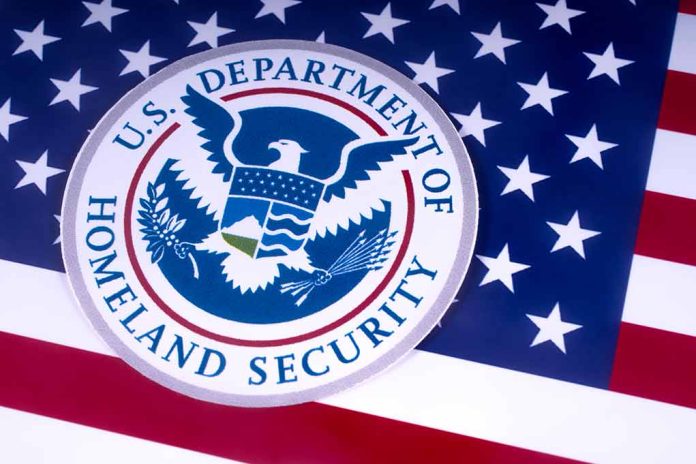
It looks like the Biden administration’s attempt to solve the country’s border crisis has hit a snag. Remember that shiny new program they rolled out to provide a legal process for migrants from Cuba, Haiti, Nicaragua, and Venezuela? Turns out, it may be about as secure as a screen door on a submarine. However, now they’re putting it on hold amid reports of fraud. Let’s dive into this mess and see what we can salvage from this misadventure.
The Birth of CHNV
The CHNV Parole Program, born in late 2022, was the Biden administration’s brainchild to tackle the surge of illegal border crossings. Initially focused on Venezuelans, it expanded in early 2023 to include Haitians, Nicaraguans, and Cubans. The was to allow up to 30,000 nationals from these countries to enter the U.S. each month, legally and orderly.
The Biden administration has temporarily suspended the CHNV mass parole program for immigrants from Cuba, Haiti, Nicaragua, and Venezuela. The suspension follows an internal review that revealed fraud in the program. pic.twitter.com/IUt15wxvNJ
— Breaking News (@TheNewsTrending) August 2, 2024
A Program Plagued by Fraud
After the program rolled out, it became clear that not all was smooth sailing. An internal report discovered what are believed to be significant fraud issues, including serial sponsorships, suspicious addresses, and even the use of deceased individuals’ information.
Critics were quick to slam the government, with FAIR president Dan Stein saying the report “further confirms that the sole focus of the Biden-Harris administration, when it comes to illegal immigration, is getting as many people into the country as they can, by any means necessary, and at the risk of national security.”
The Suspension
Following the internal report, the Biden administration decided to pause the program, first for Venezuelans in early July and then for other migrants on July 18. So, about 520,000 migrants have been allowed to enter the U.S. since the program’s inception. That’s more people than the entire population of Wyoming, for those keeping score at home.
“Out of an abundance of caution, DHS has temporarily paused the issuance of advanced travel authorizations for new beneficiaries while it undertakes a review of supporter applications,” the Department of Homeland Security stated, adding that the program would start up again “as soon as possible” with the necessary adjustments.
Criticism and Uncertainty
The suspension of the CHNV program leaves many questions unanswered. While the administration implemented the program arguing it would help provide safe and legal pathways for migrants, Republican-led states have challenged the initiative, arguing it oversteps executive authority.
The Center for Immigration Studies was deeply critical of the program, reporting that “in 2020, Border Patrol agents at the Southwest border apprehended just over 17,500 illegal entrants from the four CHNV countries. By FY 2021, however, apprehensions jumped more than 10-fold, to 181,000-plus (nearly all after the inauguration), before skyrocketing to more than 600,000 in FY 2022.”
As DHS refers serious fraud cases to ICE and the Justice Department, the future of the CHNV program hangs in the balance. While the DHS says it plans to restart the program, it’s unclear how long it will remain on pause.
Sources
- U.S. pauses migrant sponsorship program due to fraud concerns
- DHS Pauses Its Illegal ‘CHNV Parole’ Program Amidst Fraud Concerns
- Biden admin halts migrant flights to US from Cuba, Haiti, Nicaragua and Venezuela due to fraud
More from Around the Web
DHS touted positive impact of the parole program in mid 2023:
Data from the first six months from January to June of parole processes for Cubans, Haitians, Nicaraguans, & Venezuelans shows that the Biden-Harris Administration’s commitment to expanding lawful pathways as an alternative to irregular migration is working.… pic.twitter.com/5Ko2nBeGC2
— Homeland Security (@DHSgov) July 27, 2023

















